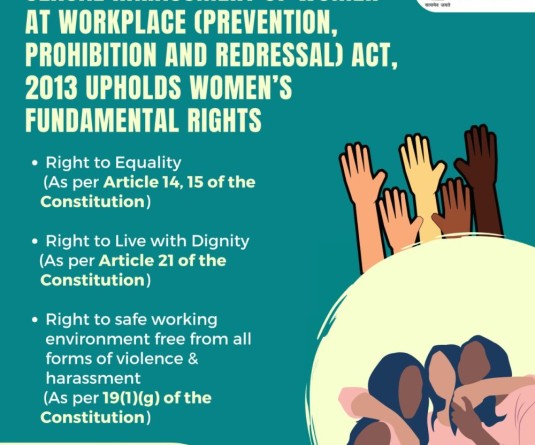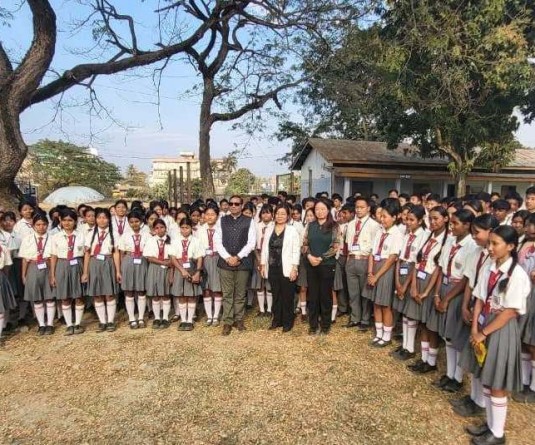
DIMAPUR, JULY 21 (MExN): The Naga Peoples’ Movement for Human Rights (NPMHR) today made a public statement of the situation in Manipur and said that it is the “mundane violence of being a disposable people, marked for death” that has catalyzed the incidents that are currently going ‘viral’.
It appealed to the people and communities “who have fallen prey to demagogues who strive to inflame prejudice” to instead “reason together in conscience and take a different path.
A press release from the NPMHR questioned why does it have to take “three months of burnings, beheadings, and rape before state machinery even decides to make perfunctory motions of redressal.”
“The government has lost all legitimacy and should not stand. Besides those who were directly involved in the crime, the people abetting such perpetration and the apathy and justification of the community should be condemned by all,” it said.
The NPMHR said that women continue to fight against this most ancient yet present form of structural violence and strive to be agents and not mere repositories of imagined communal dignity. It appealed for sense and solidarity amongst all communities; to “refuse to be pawns in machinations of no benefit to humankind.”
While citing the history of violence in the Naga Hills, and the crimes by armed forces that were shielded by the Armed Forces Special Powers Act, the NPMHR said that “the decades of indignity that the people and communities have been facing and fighting together cannot be allowed to be lost in this continued mayhem in Manipur.”
It asserted that there should be no misdiagnosis of this conflict as a ‘law and order' problem or an ethnic and religious clash. “The people of the region, Indian leaders, and the Military need to open frank dialogue on the unresolved political issues of the region. Without addressing this, people will be hoodwinked into believing that the leaders are serious about restoring peace in Manipur when for 26 years they have not been able to conclude the Indo-Naga peace talk,” it stated.
It meanwhile stressed that “no person can be deprived of his/her life and that the dignity of the human person should be preserved as an unassailable, self-evident right.”






